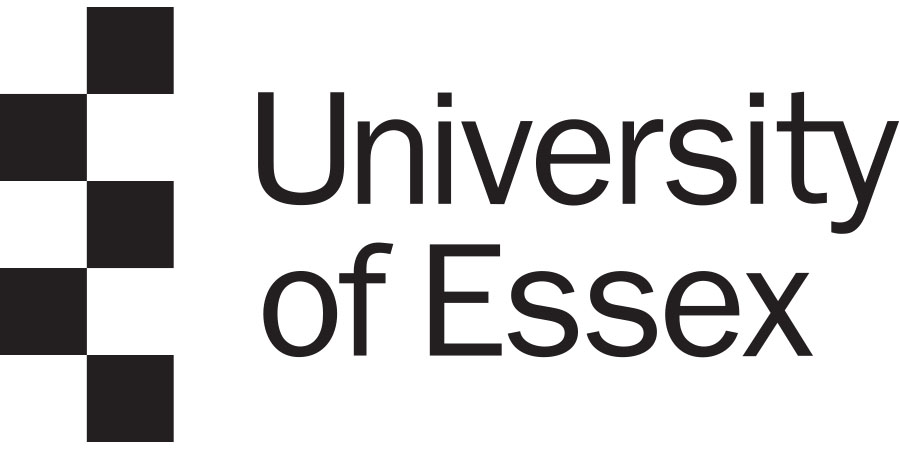PhD Studentship: The Role of Directors’ Duties and Their Relationship With Non-financial Reporting in Achieving Environmental Sustainability
University of Essex - Law / Business
| Qualification Type: | PhD |
|---|---|
| Location: | Colchester |
| Funding for: | UK Students, Self-funded Students |
| Funding amount: | Living costs stipend at the UK Research and Innovation recommended level per year. The stipend for 2024-25 is £19,237. The rate for 2025-26 TBA. |
| Hours: | Full Time |
| Placed On: | 21st November 2024 |
|---|---|
| Closes: | 7th February 2025 |
| Reference: | 11367 Law_Business Oct 2025 |
Project Overview
This is an opportunity to conduct fully funded interdisciplinary research under the ‘Sustainable Transitions – Leverhulme Doctoral Training Programme’ at the University of Essex.
The project provides the opportunity to analyse directors’ duties and the relationship that they have with non-financial reporting in achieving net zero outcomes for the environment.
Directors’ duties are an extremely important component of company law in all jurisdictions of the world. They influence the way that businesses make decisions, formulate strategies and consider ‘externalities’ such as the environment. Directors’ duties generally require decision-makers within companies to act in the best interests of the companies themselves and do not require companies to achieve specific outcomes for the environment, such as net zero carbon emissions, biodiversity loss, waste and pollution. In recent years non-financial reporting has developed, whether that be through mandatory schemes or one of the many voluntary schemes. Non-financial reporting can play a critical role in the field of corporate accountability relating to sustainable development and net-zero targets, however the relationship between directors’ duties and non-financial reporting in achieving sustainable development has not yet been fully explored.
This project would examine the linkages between directors’ duties and non-financial reporting to consider how reform could improve outcomes for environmental sustainability.
Interdisciplinary Focus and Methods
The interdisciplinary nature of the project would lie in the need to adopt different types of methodologies to tackle core research questions. Whilst traditional forms of legal analysis would be used to consider the law itself, various types of content analysis, derived from the accounting discipline, would be used to assess different characteristics of non-financial reporting.
Training and Support
You will be supported through the Sustainable Transitions training programme which provides initial training in interdisciplinary research methods, training in the secondary discipline within the project area and ongoing training throughout the duration of the programme. All doctoral scholars benefit from the support of Proficio which entitles you to £2,500 that can be used to purchase training courses either within or external to the University. Additionally Sustainable Transitions scholars are entitled to £10,000 that can be used to cover research costs and further training. Scholars are encouraged to audit masters and degree level course where appropriate. You will also have the support of the Sustainable Transitions management team, as well as your own supervisory team. All Sustainable Transitions scholars will become part of the University of Essex ‘Centre for Environment and Society’ through which ongoing events and networking opportunities are available.
Person Specification
This opportunity would suit a candidate with a degree/ background in law. In particular legal scholars who have studied corporate law and/or corporate responsibility at Masters level may be well suited. It is not necessary for the candidate to have prior training in business and accounting, as training can be provided on the programme. However, an active willingness to learn new non-legal methodologies would be useful.
Research Proposal
The project area is broadly defined, leaving scope for the applicant to develop their own specific research proposal as part of the application. The successful candidate will further develop their proposal in close consultation with the supervisory team. Further details and guidance are available via the above ‘Apply’ button.
Advert information
Type / Role:
Subject Area(s):
Location(s):









